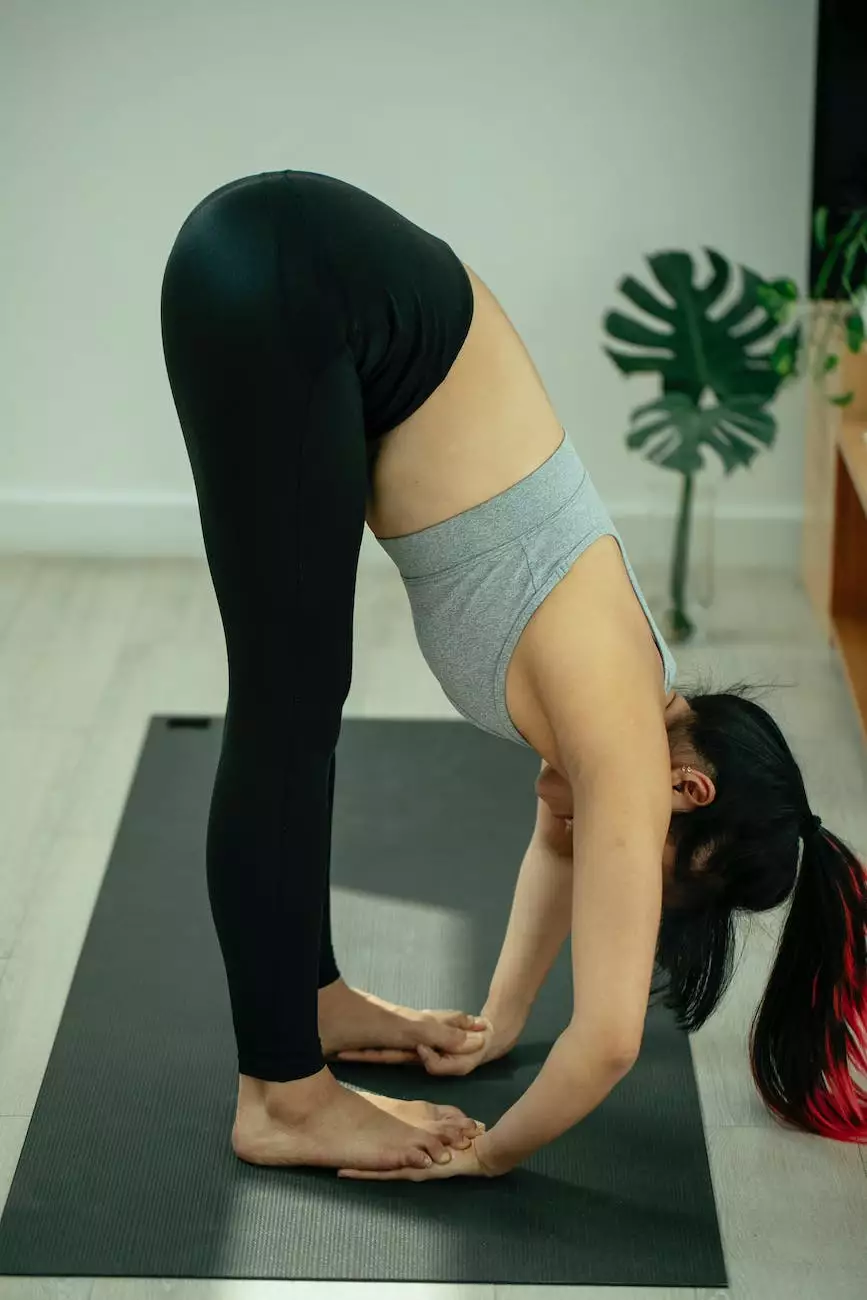Natural Remedies for Insomnia
Stress Management
Understanding Insomnia
Insomnia is a common sleep disorder that affects millions of people worldwide. It can often leave individuals feeling restless, fatigued, and mentally drained. While medical interventions are available, many individuals prefer exploring natural remedies to improve their sleep quality.
The Importance of Sleep
Sleep plays a vital role in our overall well-being, affecting our physical and mental health. It helps restore and rejuvenate the body and mind, promoting optimal functioning and productivity throughout the day. Restful sleep is crucial in maintaining a healthy lifestyle.
Alison K Bowles, Ma, Lmhc - Your Mental Health Expert
At Alison K Bowles, Ma, Lmhc, we understand the impact of insomnia on your mental health. As a leading expert in Mental Health, Alison K Bowles provides valuable insights, support, and effective techniques to help you combat insomnia naturally.
1. Establish a Consistent Sleep Schedule
To regulate your body's sleep-wake cycle, it is important to establish a consistent sleep schedule. Choose a bedtime and wake-up time that suits your lifestyle and stick to it even on weekends. This helps train your body to fall asleep and wake up naturally, promoting better sleep quality.
2. Create a Relaxing Bedtime Routine
Designing a relaxing bedtime routine can signal to your body that it's time to wind down and prepare for sleep. This could include activities such as taking a warm bath, reading a book, practicing soothing breathing exercises, or listening to calming music.
3. Ensure a Sleep-Friendly Environment
Creating an optimal sleep environment can significantly contribute to better sleep quality. Make sure your bedroom is cool, dark, and quiet. Consider investing in comfortable bedding, using blackout curtains, and using white noise machines to drown out any disruptive sounds.
4. Limit Exposure to Stimulants
Avoid consuming stimulants like caffeine, nicotine, and alcohol close to bedtime as they can interfere with your sleep patterns. Instead, opt for caffeine-free herbal teas or warm milk, which promote relaxation and can aid in falling asleep faster.
5. Regular Exercise and Relaxation Techniques
Incorporating regular exercise into your routine can help regulate your sleep patterns. Engage in activities like yoga or meditation to relax your body and mind before bedtime. Experiment with different relaxation techniques to find what works best for you.
6. Manage Stress and Anxiety
Stress and anxiety often contribute to sleep difficulties. Explore stress management techniques such as journaling, talking to a trusted friend or therapist, or practicing mindfulness to help calm your mind and reduce racing thoughts before bedtime.
7. Evaluate Your Bedroom Habits
Consider your bedroom habits and make adjustments as necessary. Reserve your bedroom for sleep and intimacy, avoiding stimulating activities like watching TV or using electronic devices in bed. This trains your brain to associate the bedroom with sleep, enhancing the quality of your rest.
8. Natural Remedies and Supplements
In addition to lifestyle changes, certain natural remedies and supplements may support better sleep. Consult with a healthcare professional or your trusted mental health expert to explore options such as herbal supplements, melatonin, or relaxation teas that can aid in improving sleep quality.
Conclusion
Don't let insomnia disrupt your life and overall well-being. Alison K Bowles, Ma, Lmhc is here to guide you through effective natural remedies for insomnia. Take control of your sleep quality with these tips and techniques!
Contact Alison K Bowles, Ma, Lmhc
For personalized support and professional guidance on Mental Health, including insomnia management, contact Alison K Bowles on our website or schedule an appointment to achieve optimal well-being today!
Other Services
- Anxiety and Stress Management
- Depression Therapy
- Relationship Counseling
- Life Transitions
- And more...
Disclaimer
Please note that the information provided here is for educational purposes only and should not replace professional medical advice. Consult a healthcare professional or your trusted mental health expert for personalized guidance on your specific situation.



